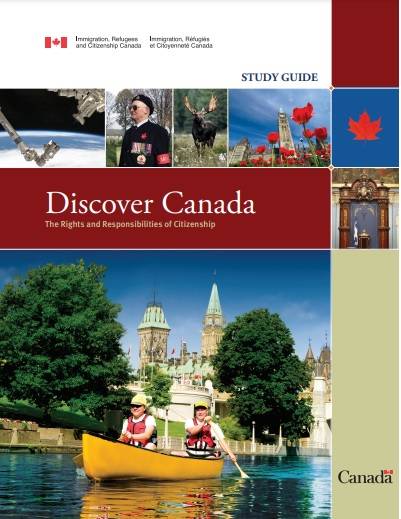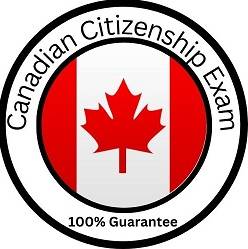The First Europeans – Discover Canada Chapter 3 Quiz
The arrival and settlement of the first Europeans in what is now Canada marks a turning point in the nation’s history. Chapter 3 of the Discover Canada guide explores how European exploration, trade, and colonization shaped the land, its peoples, and the foundations for the modern country. Understanding this topic is essential for the Canadian citizenship test.
This quiz features 6 multiple‑choice questions designed to test your knowledge of early European contact and settlement in Canada — perfect for your Canadian citizenship practice test.
What You’ll Learn
By completing this quiz, you’ll understand:
Who the first European explorers were to arrive (for example the Vikings) and where they established early settlements. canada.ca+1
The exploration voyages of figures like Jacques Cartier and their significance in claiming territory for European powers. Wikipedia+1
How early European trade and alliances with Indigenous peoples affected the course of Canadian history.
The origins of the name “Canada” and how early European maps and expeditions influenced the region. canada.ca
Practicing these questions helps you feel confident during your Canadian citizenship test practice and ensures you’re ready for similar topics on the official exam.
Continue with Chapter 3 Topics
After you finish this quiz, explore more quizzes from Chapter 3 of Discover Canada:
…and more
Also, go to the full Canadian Citizenship Practice Test to cover every chapter with detailed explanations and instant feedback.
If you’re ready to move forward with your citizenship journey, find out how to apply for Canadian citizenship at the official Government of Canada Citizenship Application Guide.


